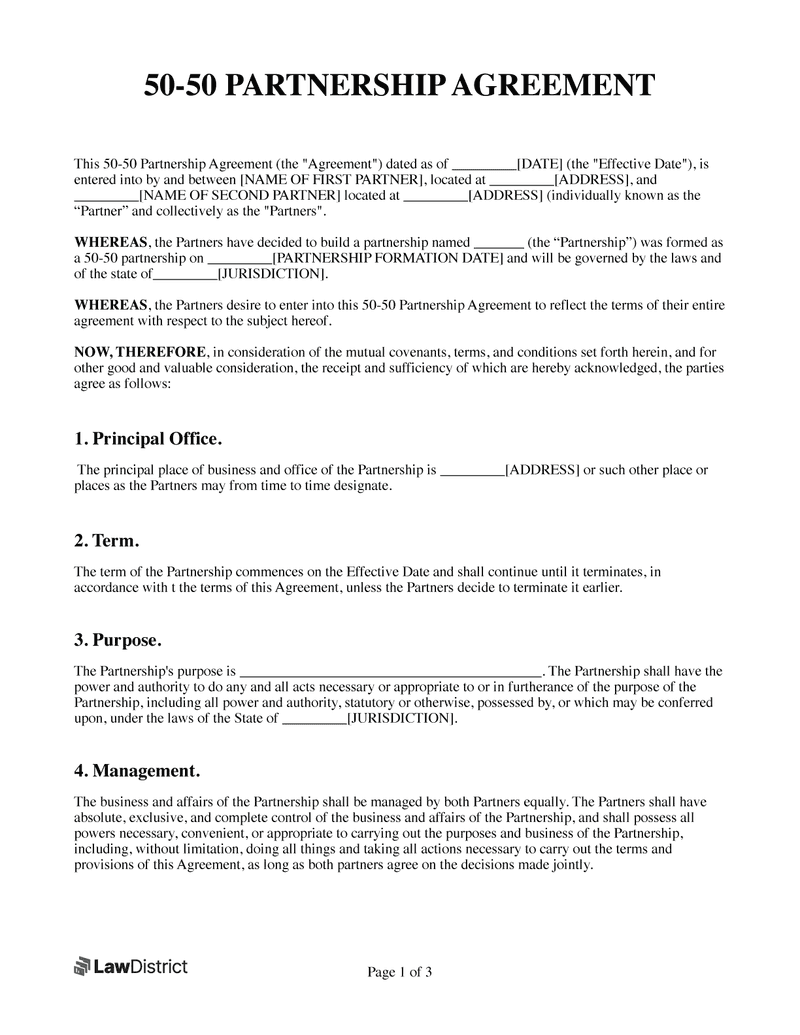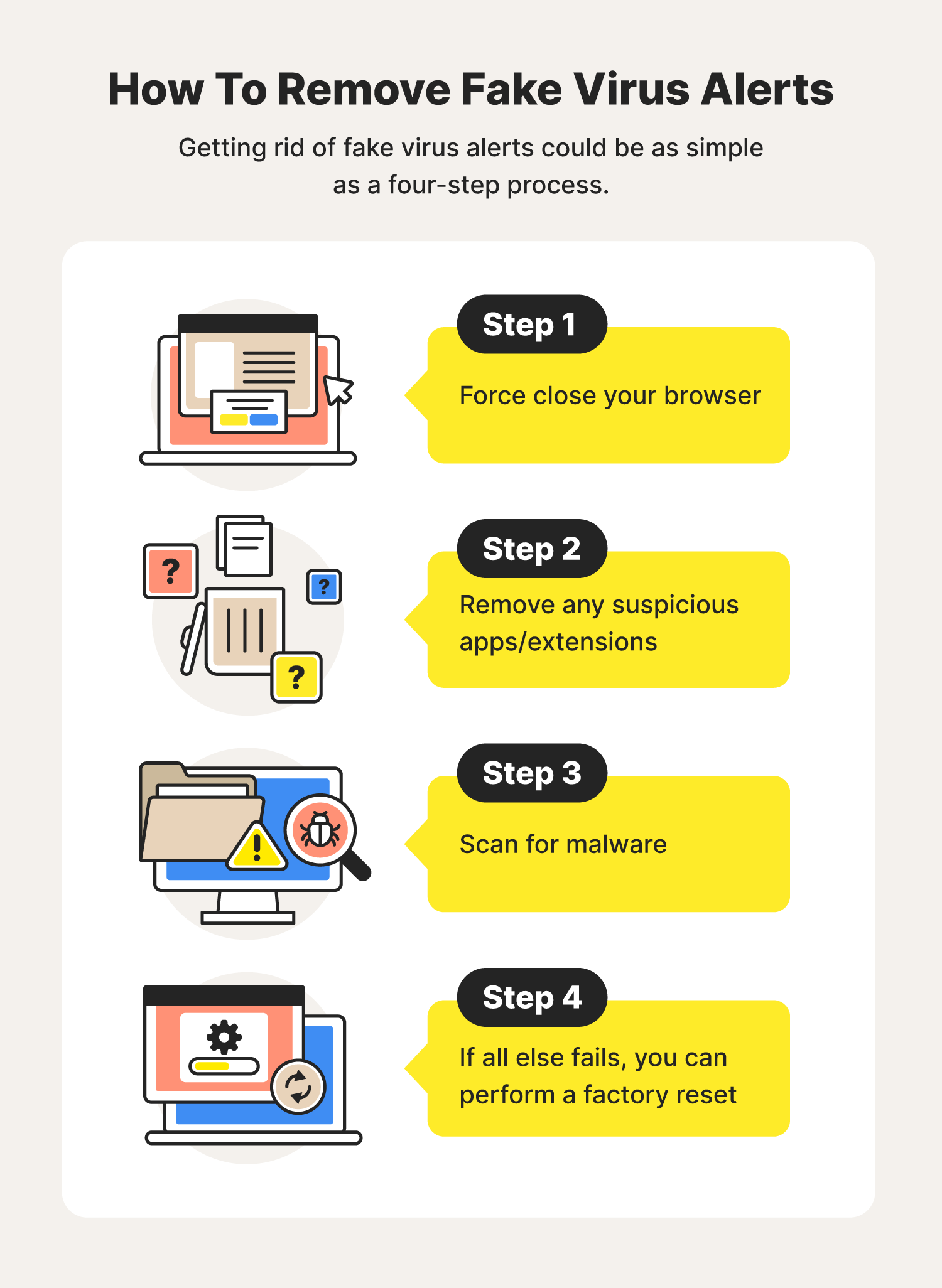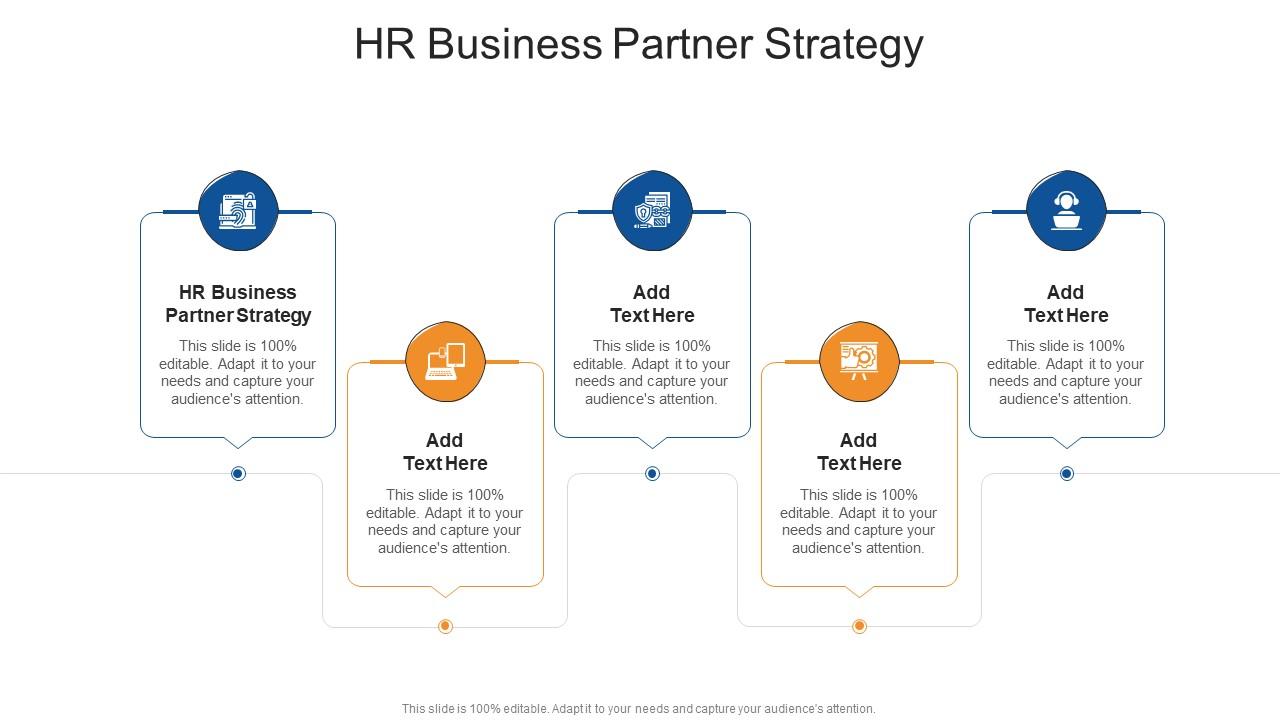How To Get Rid Of A 50/50 Business Partner

The dream of entrepreneurial success often begins with a trusted partner. But what happens when that partnership sours, particularly in a 50/50 business arrangement? The inherent deadlock potential can turn a once-promising venture into a stressful and potentially catastrophic situation.
Navigating the dissolution of a 50/50 partnership demands careful consideration of legal, financial, and personal ramifications. This article explores the complex landscape of untangling such business relationships, providing a comprehensive guide to understanding your options and mitigating potential risks.
Understanding the Deadlock Dilemma
A 50/50 partnership, while appearing equitable, presents unique challenges. With equal ownership and voting rights, disagreements can easily lead to stalemate, hindering decision-making and stifling growth. This deadlock can paralyze operations and ultimately damage the business's long-term viability.
According to a study by the Small Business Administration (SBA), partnership disputes are a significant contributor to business failures. The potential for gridlock underscores the importance of establishing a well-defined exit strategy from the outset.
Key Steps to Dissolving a 50/50 Partnership
The process of dissolving a 50/50 partnership is rarely simple, requiring a strategic and methodical approach. Here's a breakdown of essential steps:
1. Review the Partnership Agreement
The first and most crucial step is to carefully review your partnership agreement. This legally binding document should outline the procedures for dissolution, including buy-out options, dispute resolution mechanisms (such as mediation or arbitration), and asset distribution protocols.
A comprehensive agreement can prevent costly legal battles and provide a clear roadmap for separation.
2. Attempt Negotiation and Mediation
Before resorting to legal action, explore avenues for amicable resolution. Open and honest communication, facilitated by a neutral mediator, can help partners identify common ground and negotiate a mutually agreeable settlement.
Mediation is often a more cost-effective and less adversarial approach than litigation, preserving valuable resources and relationships.
3. Consider a Buy-Sell Agreement
A buy-sell agreement provides a pre-determined mechanism for one partner to buy out the other's interest. This agreement typically specifies the valuation method for the business and the terms of the sale, ensuring a fair and transparent process.
Common valuation methods include fair market value, book value, or a multiple of earnings.
4. Legal Counsel is Essential
Engaging experienced legal counsel is paramount throughout the dissolution process. An attorney can provide guidance on your legal rights and obligations, negotiate on your behalf, and ensure that all necessary legal formalities are followed.
Furthermore, they can help you understand the tax implications of the dissolution and structure the agreement in a way that minimizes your tax burden.
5. Formal Dissolution Procedures
Once an agreement is reached, formal dissolution procedures must be followed. This typically involves filing articles of dissolution with the relevant state authorities and notifying creditors, customers, and other stakeholders of the business's termination.
Failure to properly dissolve the business can expose partners to ongoing liabilities.
6. Asset Distribution and Winding Up
The final step involves distributing the business's assets according to the partnership agreement or as agreed upon during negotiations. All outstanding debts and obligations must be settled before distributing any remaining profits or assets to the partners.
This "winding up" process requires careful accounting and documentation.
Potential Pitfalls and How to Avoid Them
Dissolving a 50/50 partnership is fraught with potential pitfalls. Failure to address these issues proactively can lead to protracted legal battles and significant financial losses.
One common mistake is neglecting to properly value the business. Obtaining a professional business valuation from a qualified appraiser is crucial to ensure a fair and accurate assessment of its worth.
Another potential pitfall is the failure to adequately address intellectual property rights. Clearly define who owns the business's trademarks, copyrights, and other intellectual property assets after the dissolution.
"Disagreements over intellectual property can quickly escalate into costly litigation," warns Lisa Thompson, a business attorney specializing in partnership disputes.
Looking Ahead: Preventing Future Disputes
The best way to avoid the challenges of dissolving a 50/50 partnership is to proactively address potential issues before they arise. A well-drafted partnership agreement, coupled with open communication and a commitment to resolving disagreements constructively, can significantly reduce the risk of conflict.
Consider including a clear dispute resolution mechanism in your partnership agreement, such as mandatory mediation or arbitration. This can provide a more efficient and cost-effective alternative to litigation.
Regularly review and update your partnership agreement to reflect changing circumstances and address any emerging issues. Proactive planning can save you significant time, money, and stress in the long run, allowing you to focus on building a successful and sustainable business.









![How To Get Rid Of A 50/50 Business Partner [DOWNLOAD PDF] Business Partner A2 Coursebook with Answer Keys - ĐÃ BAO](https://i.pinimg.com/originals/0e/92/db/0e92db0dbcb07a0312e14bc66c8fa4d7.png)








